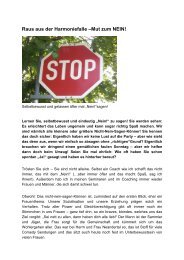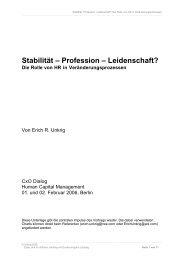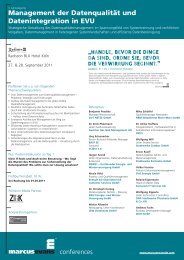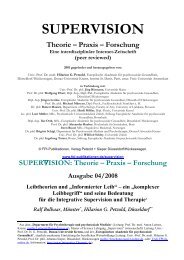Ilia Chavchavadze - brainGuide
Ilia Chavchavadze - brainGuide
Ilia Chavchavadze - brainGuide
You also want an ePaper? Increase the reach of your titles
YUMPU automatically turns print PDFs into web optimized ePapers that Google loves.
Summary<br />
individual and the society and the abstarct, non-concretized projection of<br />
this point of view on the legislative reality leads to a purely abstruse per-<br />
ception of essence of democracy, which has not much in common with<br />
substantiating of this phenomenon.<br />
With I. <strong>Chavchavadze</strong>, the deficit concerned of legal-political realism<br />
is absolutely overcome. The legislative will represents here the political<br />
will of majority that is limited by the legal equality resp. the universal<br />
identity of legal rights and duties.<br />
In the work is also accentuated the incompatibility of Marxists’ doctrine<br />
with I. <strong>Chavchavadze</strong>’s model of democracy: The starting point of<br />
the former theory is a „direct“, „social“ democracy resp. the negation of<br />
any kind of political system, inclusive of democratic one. The given primitivism,<br />
first of all, is objectively altogether unrealizable, except of that<br />
case where we have to do with microsocial formations, in which the spectrum<br />
and the degree of complexity of social relations are maximally simplified.<br />
In other words, the realization of direct „democracy“ of this doctrine<br />
means a disintegration of each macrosociality and herewith an infinite<br />
regress for the mankind.<br />
IV. The democratic form of government. Discussing the problem<br />
of monarchism, I. <strong>Chavchavadze</strong> mainly points out positively the constitutional-monarchical<br />
systems of such countries, as England and Germany<br />
at that time. As he says, in these states, especially in England, was functioning<br />
quite a stable mechanism which made it impossible for the government<br />
to ignore roughly the public will. At the same time, I. <strong>Chavchavadze</strong>’s<br />
positive attitude towards the constitutional monarchy is mainly<br />
relative and does not at all contain any overestimation of it.<br />
From the analysis of I. <strong>Chavchavadze</strong>’s views about the republican<br />
government results clearly that he chiefly supports not the monarchical,<br />
but the republican democracy. However it must be also emphasized that<br />
I. <strong>Chavchavadze</strong> is deeply convinced of imperfection of republican system<br />
of his epoch and on this part, he does not abstain from sharp criti-<br />
134
















